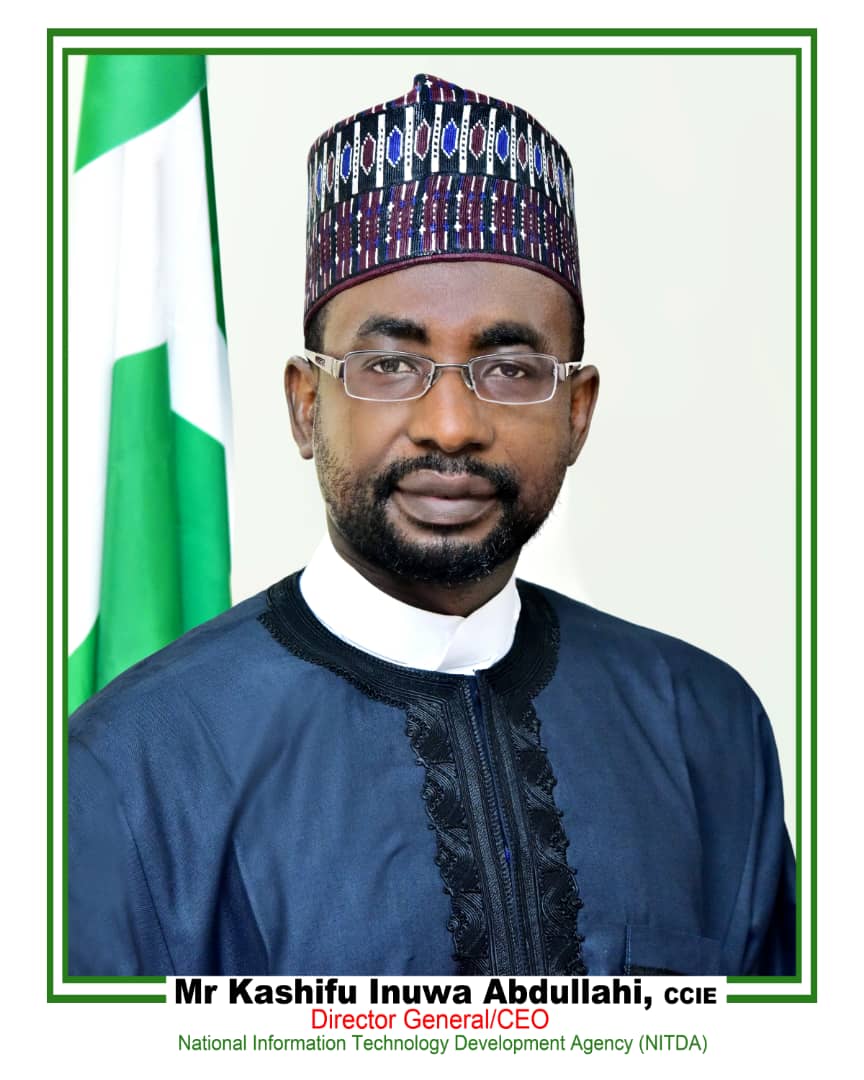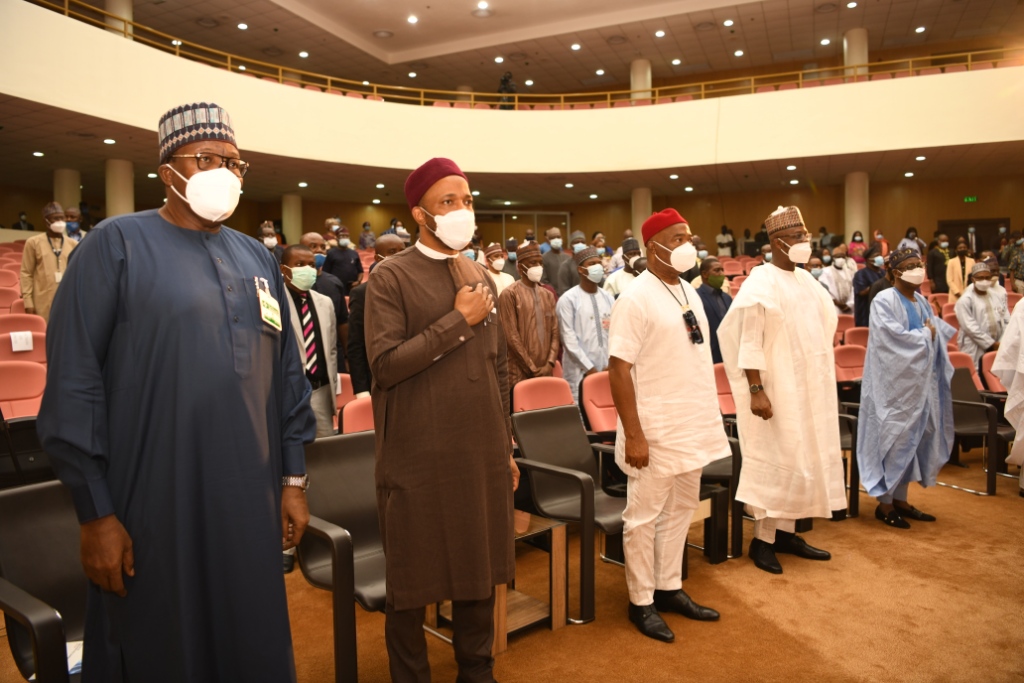The Executive Vice Chairman of Nigerian Communications Commission (NCC), Prof Umar Danbatta has given an insight on the happenstances around the nation’s broadband industry ecosystem.
Speaking in Lagos recently at the Association of telecoms Companies of Nigeria (ATCON) yearly Telecoms Executives and Regulators Forum (TERF), he defined the ecosystem as being made up of “Government Policies and Programmes, Regulatory Frameworks and Environment, Supply and Demand sides of the services”.
In his brief overview of Nigeria’s telecommunications industry, he noted that currently, some trends that are characterizing the sector include increasing use of data enabled devices (Smartphones, dongles, MiFis etc), voice service still more wide spread than data, internet and VAS usage increasing.
Others include increasing network coverage for 3G and 4G data services, increased Colocation (especially for passive infrastructure), reducing Average Revenues per User, increasing competition among players and Mobile broadband dominates the broadband space and that data infrastructure deployment and the internet market is dominated by the 4 vertically integrated GSM service providers.
Danbatta also observed that fixed-line service substitution with mobile services due to lack of fixed infrastructure, the insurgency in the north-east threatens the operations and network expansion plans of service providers in the region, difficulty in the deployment of needed telecommunications infrastructure
He added further that with pervasive voice services objective largely achieved, focus on growth of data services and provision of optimal QoS delivery from operators
However, current status of broadband infrastructure in Nigeria include adequate international bandwidth from International Submarine Cable landings at our shores, inadequate metro fiber infrastructure in several towns and cities, distribution and last mile challenges, and over 50,000 km of inter -City Fiber laid already.
NCC boss also disclosed that sub-optimal inter-city fibre capacity utilization due to duplications of some fibre routes and that internet access is mainly through wireless means.
The EVC represented by Engineer Bako Wakil, a director at NCC also listed the challenges of broadband development in Nigeria to cut across cost of terminal devices, relatively limited availability of locally relevant content, cost of broadband access, relatively low level of digital literacy and what he described as unsatisfactory “broadband” speeds.
According to there is still the issue of poor perception of broadband value, relatively large population segment with low purchasing power.
On the current telecoms landscape, NCC averred that whereas teledensity was 99.93 as at September, 2017, active mobile subscriber base was 139,905,213 million as at September, 2017, leaving Internet Penetration Rate at 50% (92.975, 682 Million subs) within the period under review.
He revealed that broadband penetration rate was 21% as at February, 2017 (OpenSignal).









